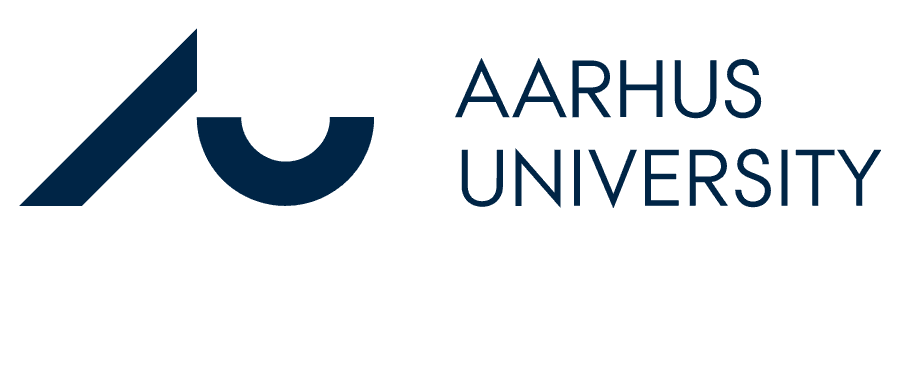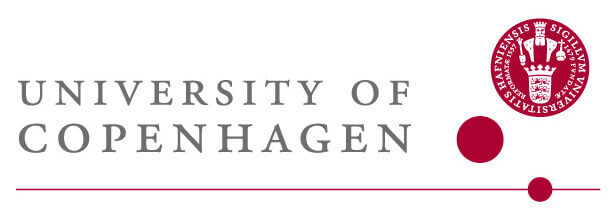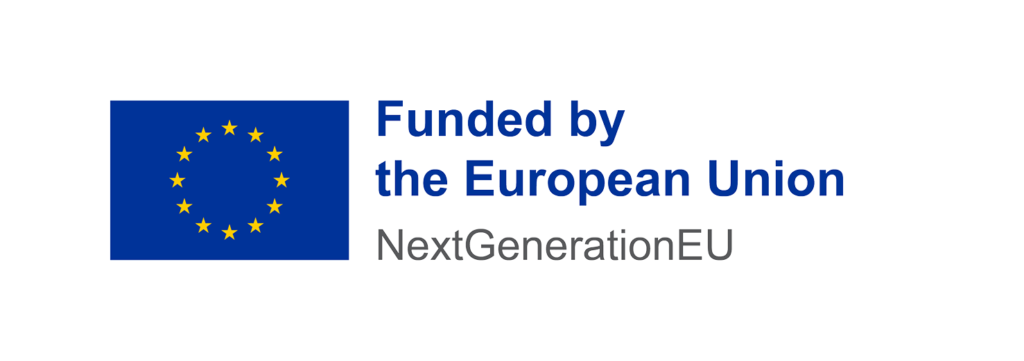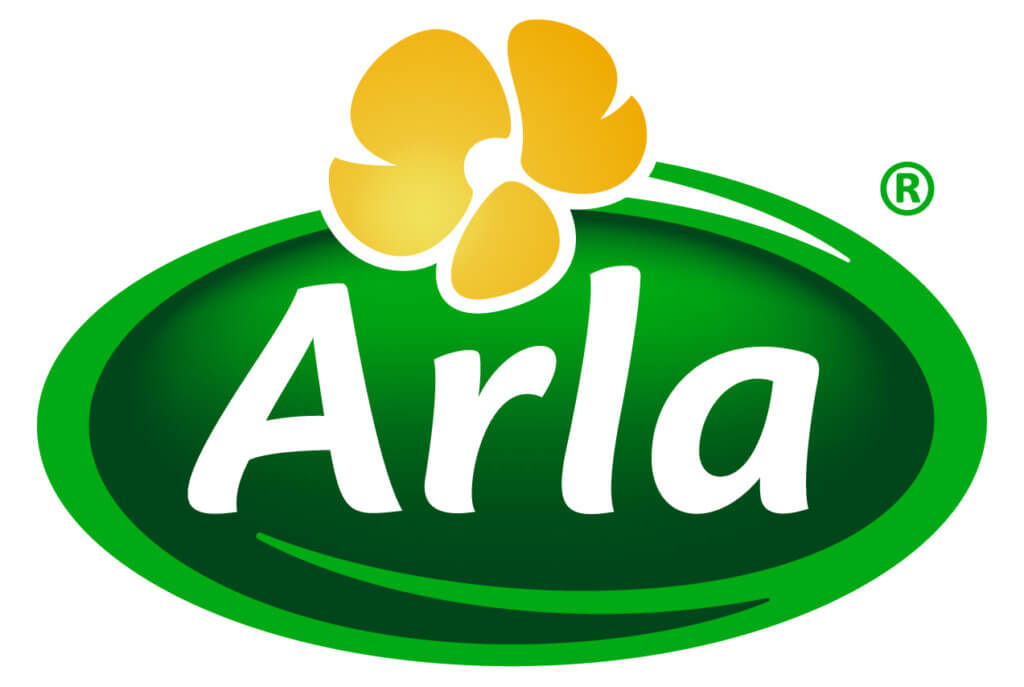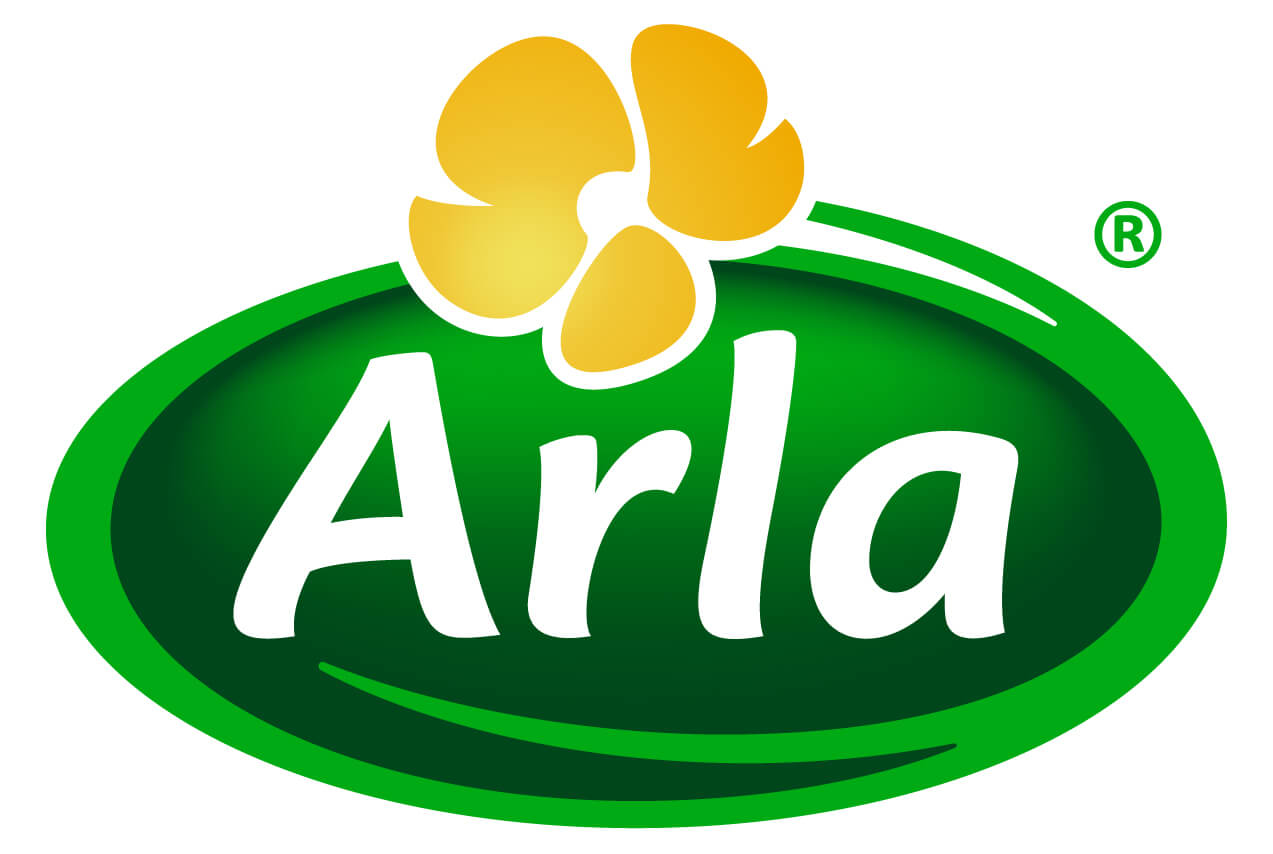Ambient Carbon's MEPS
(Methane Eradication Photochemical System)
creates value for customers
by eradicating low-concentration methane emissions.
Ambient Carbon's MEPS
(Methane Eradication Photochemical System)
creates value for customers
by eradicating low-concentration methane emissions.
Ambient Carbon's MEPS
(Methane Eradication Photochemical System)
creates value for customers
by eradicating low-concentration methane emissions.

MEPS field prototype
Methane mitigation
MEPS uses a gas-phase photochemical process that combines chlorine and UV light in a reaction chamber to eradicate low-concentration methane. The chlorine is generated on site using electrolysis, and is recycled in the process.
Industry solutions
Agriculture
Two-thirds of agricultural greenhouse gas
emissions come from methane produced by cows and
pigs. MEPS eradicates most of this methane, leading to low-carbon dairy and meat products.
Wastewater
MEPS can help cities and towns reach their local greenhouse gas reduction targets by using MEPS to
eradicate methane leaking from municipal wastewater treatment plants.
Biogas
If a biogas production plant leaks methane, then
the biogas produced is less sustainable than it
could be. MEPS eradicates methane leaking from biogas production plants, making the biogas more
sustainable.
PERMA
Ambient Carbon is a PERMA project partner within AgriFoodTure, which is under Innovation Fund Denmark’s Innomissions program. The other project partners are the University of Copenhagen, Aarhus University, international dairy cooperative Arla, and agriculture ventilation manufacturer SKOV.





